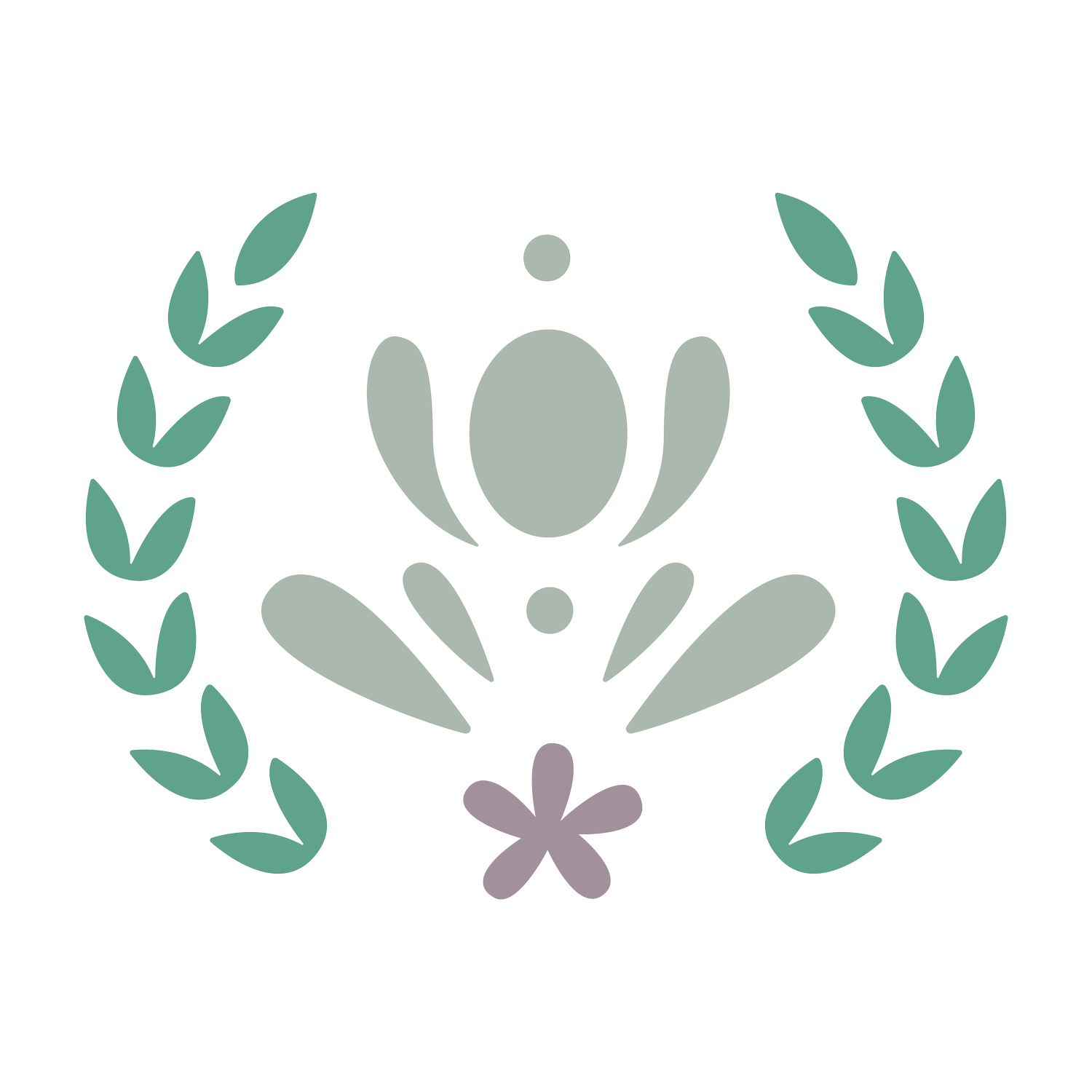Maternal Mental Health Is Not a Luxury, It’s a Lifeline
The epidemic of postpartum mood disorders is a symptom, not the root problem.
May is Maternal Mental Health Month—but let’s be honest: one month is not enough. We need maternal mental health every damn day until every mother is held, heard, and actually helped.
Right now in the U.S., 1 in 5 new mothers reports symptoms of postpartum depression or anxiety. That number doesn’t include the women who never say a word—the ones who miscarried, experienced stillbirth or abortion, or felt too ashamed or unsupported to speak up. The real number? It's much higher.
And while we’re naming things, our current medical system is failing postpartum families.
Most birthing people don’t have a follow-up visit until six weeks after birth—an eternity in new-parent time. That’s six weeks of physical depletion, hormonal rollercoasters, feeding struggles, identity shifts, sleep loss, and zero formal check-ins.
And when a new mother does finally say, “Hey, I’m not okay”, too often she’s handed a prescription without a single conversation about why she’s feeling overwhelmed, numb, ragey, or lost.
But here's the truth: feeling this way doesn’t mean you’re broken. It doesn’t mean you’re weak.
It means you're trying to heal in a society that asks you to bounce back instead of slow down. It means you're navigating a postpartum period that was never designed to be done alone.
The real disease is not in mothers. It’s in a culture that doesn’t honor the sacred transformation of matrescence. This culture that overlooks trauma, over-medicalizes birth, under-delivers support, and treats new motherhood like a speed bump instead of the seismic shift it is.
What if we stopped diagnosing women and started listening to them?
Instead of asking, “What’s wrong with her?” why don’t we ask:
What happened to her?
What does she need?
What’s missing from her circle of care?
Who’s showing up for her?
We can do better—and we must.
I see this all. the. time. as a doula. When people are supported through pregnancy, birth, and postpartum—not just physically, but emotionally and spiritually—the ripple effect is profound. They show up differently for themselves, their babies, their families, and their communities.
If you’re reading this and nodding along, you’re not alone. If you’re reading this and wondering how to prepare for postpartum in a world that doesn’t make it easy—I’m here. This is exactly the kind of support I offer through private sessions, my childbirth classes, and my online course Your Birth, Your Options.
Let’s stop telling women to be stronger, and start building a culture that actually supports them.
🎓 My self-paced childbirth course includes tools for emotional prep, not just labor—because birth is only the beginning. [Check it out here.]


